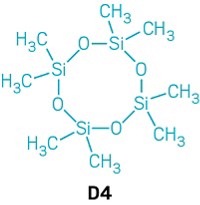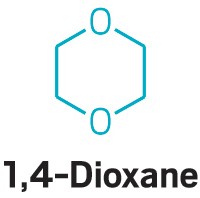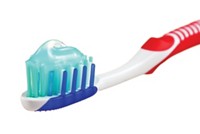Advertisement
Grab your lab coat. Let's get started
Welcome!
Welcome!
Create an account below to get 6 C&EN articles per month, receive newsletters and more - all free.
It seems this is your first time logging in online. Please enter the following information to continue.
As an ACS member you automatically get access to this site. All we need is few more details to create your reading experience.
Not you? Sign in with a different account.
Not you? Sign in with a different account.
ERROR 1
ERROR 1
ERROR 2
ERROR 2
ERROR 2
ERROR 2
ERROR 2
Password and Confirm password must match.
If you have an ACS member number, please enter it here so we can link this account to your membership. (optional)
ERROR 2
ACS values your privacy. By submitting your information, you are gaining access to C&EN and subscribing to our weekly newsletter. We use the information you provide to make your reading experience better, and we will never sell your data to third party members.
Environment
Canada Calls for Triclosan Action
Environment: Government seeks voluntary removal of antibacterial chemical from consumer products
by Britt E. Erickson
April 9, 2012
| A version of this story appeared in
Volume 90, Issue 15
The Canadian government is urging industry to voluntarily remove the antibacterial chemical triclosan from consumer products because of concerns about its toxicity to aquatic organisms. Although triclosan can still be sold and used in Canada in products such as antibacterial soaps, toothpastes, and deodorants, the government plans to work with companies over the next 18 months to better understand usage patterns and to assess alternatives.
In a draft risk assessment published on March 31, the Canadian government reported that triclosan may be entering the environment in sufficient quantities to harm aquatic organisms, including algae, invertebrates, amphibians, and fish. Effects include “reduction in growth, reproduction, and survival,” as well as potential thyroid disturbances in amphibians, the government states. In contrast, Canadian officials found no evidence that triclosan presents a danger to human health.
The Canadian government left open the possibility of regulations in the future to control the release of triclosan into the environment. “Pending the results of voluntary action and the analysis of updated use pattern information, risk-management measures to reduce releases of triclosan from products and/or industrial effluents may be proposed,” the assessment says.
In response to Canada’s action, U.S. Rep. Edward J. Markey (D-Mass.) sent a letter to the U.S. Food & Drug Administration, urging the agency to finalize a rule on over-the-counter antibacterial products first proposed in 1972. “FDA has for nearly 40 years failed to finalize its regulations regarding use of triclosan in consumer hand soaps and sanitizers, despite abundant questions about the human health risks and effectiveness of this chemical,” he wrote.
According to the American Cleaning Institute (ACI), an industry trade group, triclosan has a decades-long record of safety and effectiveness in personal care and hand hygiene products, as well as significant public health benefits. “Antibacterial soaps and washes play a beneficial role in the daily hygiene routines of millions of people throughout the U.S. and worldwide,” says Richard Sedlak, ACI’s senior vice president of technical and international affairs.
Canada is expected to finalize its triclosan assessment and propose risk-management steps in the fall of 2013.






Join the conversation
Contact the reporter
Submit a Letter to the Editor for publication
Engage with us on Twitter